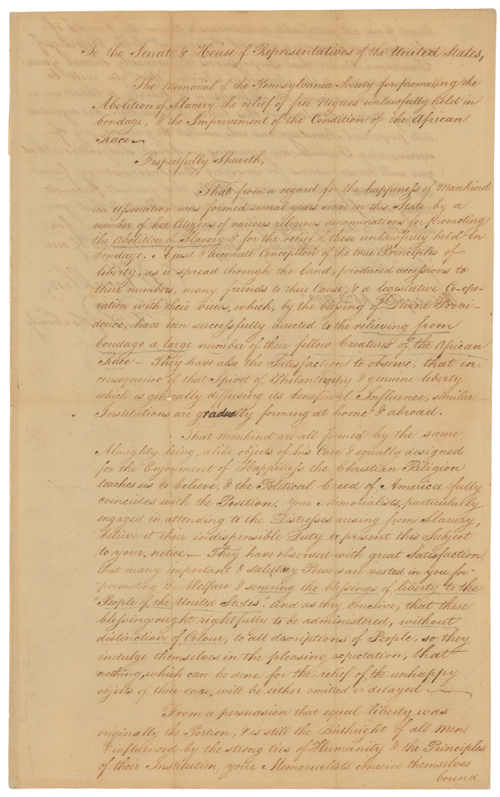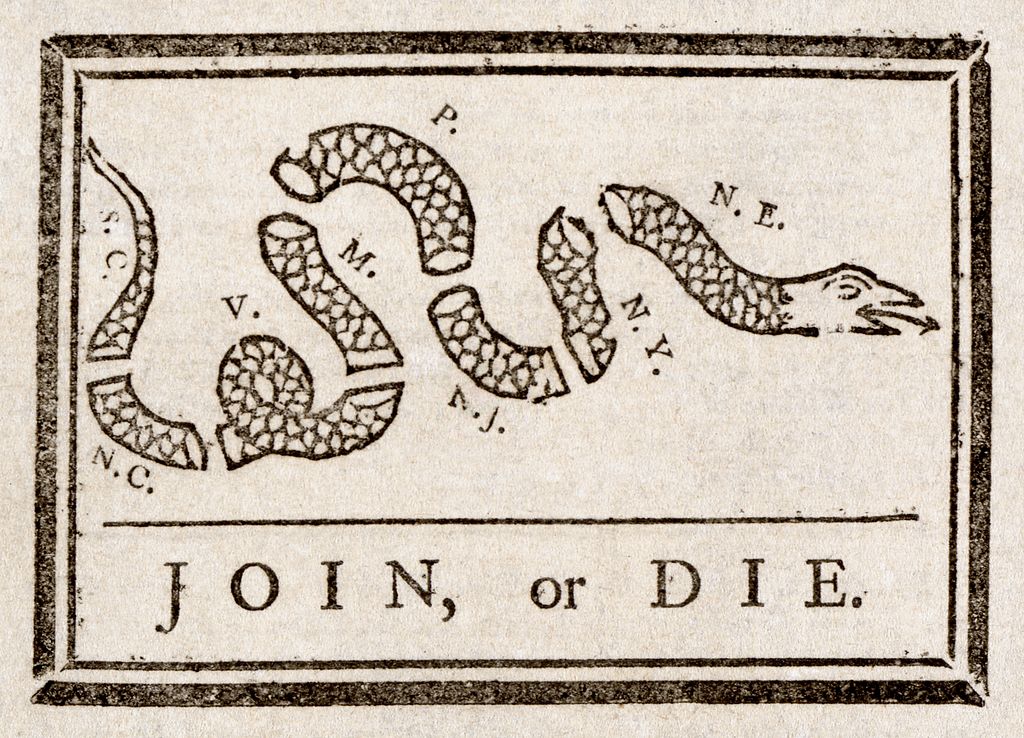6 Reasons Why Benjamin Franklin is the Best Founding Father

Independence Day is usually celebrated -- most vocally anyway -- by used car dealerships and department stores. However, it's important for 'We the People' to remember who was driving the four-wheel liberty drive, no money down, no interest for 12 months, freedom machine that became the United States of America on the Fourth of July.
Chief among them, was Benjamin Franklin. Any exercise to choose just one Founding Father as 'the best' is inherently a subjective one. However, the following 6 reasons why Benjamin Franklin is the best will hopefully persuade you to agree.
Those who would give up essential Liberty, to purchase a little temporary Safety, deserve neither Liberty nor Safety.~ Benjamin FranklinReply to the Governor on Nov. 11, 1755
1. A Savior of the Revolution
Shortly after the United States declared independence in 1776, the future of the revolution would be determined -- in part -- by international relations. More precisely, whether or not the French could be convinced to throw lives and treasure at the British once again. French forces had also just been defeated by American colonists in the French and Indian War over a decade before.
In February 1778, Franklin convinced France to sign the Treaty of Alliance which declared war on Great Britain and allied the rival European superpower with the U.S. Many experts agree that without the help of thousands of French soldiers, it's expansive Navy, additional munitions, and an estimated 1.3 billion livres, American independence would not have occurred.
When Thomas Jefferson took Franklin's place in 1785, the French had grown so fond of Franklin, Jefferson himself realized his predecessor's shoes were too big to fill. In a letter to Rev. William Smith in 1791, he recanted, "On being presented to any one as the minister of America, the commonplace question used in such cases was "c'est vous, Monsieur, qui remplace le Docteur Franklin?" "it is you, Sir, who replace Doctor Franklin?" I generally answered, "no one can replace him, Sir: I am only his successor."
Front side of Petition from the Pennsylvania Society for the Abolition of Slavery, signed by Benjamin Franklin. Credit: United States Senate, Center for Legislative Archives.
2. An Abolitionist Before it was Cool
In a time and place where slavery was both widespread and inextricably tied to the nation's economic prosperity, one may be compelled to play the culture card. However, Benjamin Franklin was able to use his reason to deduce the immorality of slavery and would go on to organize one of the first anti-slavery societies in the U.S.
In 1763, he wrote a letter to an English friend where he stated, "I was on the whole much pleased, and from what I then saw, have conceived a higher opinion of the natural capacities of the black race, than I had ever before entertained. Their apprehension seems as quick, their memory as strong, and their docility in every respect equal to that of white children."
Albeit a tone which reads somewhat condescending today, in colonial America, to argue that blacks were just as capable and every bit as intelligent as whites was still a very dangerous argument to make.
Unlike many other Founding Fathers, Franklin didn't stop at personal pontification when it came to civil rights. In his later years he became a widely outspoken abolitionist and was President of the Pennsylvania Anti-Slavery Society. Shortly before his death on April 17, 1790, he petitioned the First Congress to abolish slavery.
The petition, pictured left, asked Congress to "devise means for removing the Inconsistency from the Character of the American People," and to "promote mercy and justice toward this distressed Race."
Freedom of speech is a principal pillar of a free government; when this support is taken away, the constitution of a free society is dissolved, and tyranny is erected on its ruins.~ Benjamin FranklinThe Pennsylvania Gazette on Nov. 1737
3. Lived the American Dream
His life story was synonymous with the American Dream. Benjamin Franklin was born in 1706, the third youngest of 17 siblings. His father was intent on sending him to become a minister. When Franklin instead applied himself to reading and writing, he was sent to apprentice with his older brother James as a printer.
While living the unglamorous life of an apprentice, the young Franklin poured over books in the shop and became a self-taught writer. Following a trip abroad to England, now a disciplined and savvy businessman, he bought his first newspaper -- the Pennsylvania Gazette. In a few years it became the most popular publication in the colonies, filled with witty commentaries and revolutionary political ideas.
He later published the Poor Richard's Almanack, discovered universal properties of electricity, became the first postmaster of Pennsylvania, and founded one of the first non-religious universities in the US -- the University of Pennsylvania. The rest, as they say, is history.

4. Pioneer for the Press
An accomplished publisher, writer and businessman. By his late 20s, Franklin had purchased the failing Pennsylvania Gazette and turned it into the most successful, and profitable, periodical in the new world. The famous 'Join or Die' political cartoon (authored by Franklin) first appeared in the Gazette's pages in 1754 in relation to the French and Indian War. It was later re-popularized following the enactment of the Stamp Act and became a hallmark of Revolutionary America.
New journalistic principles were invented while the Gazette was under Franklin's direction. The publication would feature conflicting arguments and commentaries (often written by Franklin himself) instead of maintaining one point of view. This practice would be the subject of considerable controversy, which prompted him to author the Apology of Printers. The letter is an expertly written defense that enumerates the principles that guide the publishing trade.
From the letter: "Printers are educated in the Belief, that when Men differ in Opinion, both Sides ought equally to have the Advantage of being heard by the Publick; and that when Truth and Error have fair Play, the former is always an overmatch for the latter: Hence they chearfully serve all contending Writers that pay them well, without regarding on which side they are of the Question in Dispute."
5. Had a Brilliant Sense of Humor
Benjamin Franklin was arguably the first published satirist in the United States. His good humor served him well not only as a diplomat but also as a writer. When writing he used comedy to appeal to a mass audience.
Similarly, Franklin would publish written works under pseudonyms while offering scathing social and political critiques. One of his most well known was a uniquely modern take on women's rights and gender relations of the time. Writing under the name Silence Dogood, supposedly a middle-aged widow, Franklin wrote:
"AFTER Thanks to my Correspondent for his Kindness in cutting out Work for me, I must assure him, that I find it a very difficult Matter to reprove Women separate from the Men; for what Vice is there in which the Men have not as great a Share as the Women? and in some have they not a far greater, as in Drunkenness, Swearing, &c.? And if they have, then it follows, that when a Vice is to be reproved, Men, who are most culpable, deserve the most Reprehension, and certainly therefore, ought to have it... Are not the Men to blame for their Folly in maintaining us in Idleness? Who is there that can be handsomely supported in Affluence, Ease and Pleasure by another, that will chuse rather to earn his Bread by the Sweat of his own Brows? And if a Man will be so fond and so foolish, as to labour hard himself for a Livelihood, and suffer his Wife in the mean Time to sit in Ease and Idleness, let him not blame her if she does so, for it is in a great Measure his own Fault."
The greatest monarch on the proudest throne, is oblig'd to sit upon his own arse.~ Benjamin FranklinPoor Richard's Almanack 1737
6. Truly Independent-Minded
He was one of the few Founding Fathers who never joined a political party. Like George Washington, Franklin remained independent of parties while others like Thomas Jefferson and John Adams went on to become a Democratic-Republican and Federalist, respectively.
Make yourselves sheep, and the wolves will eat you.~ Benjamin FranklinLetter to Thomas Cushing Jan. 5 1773



